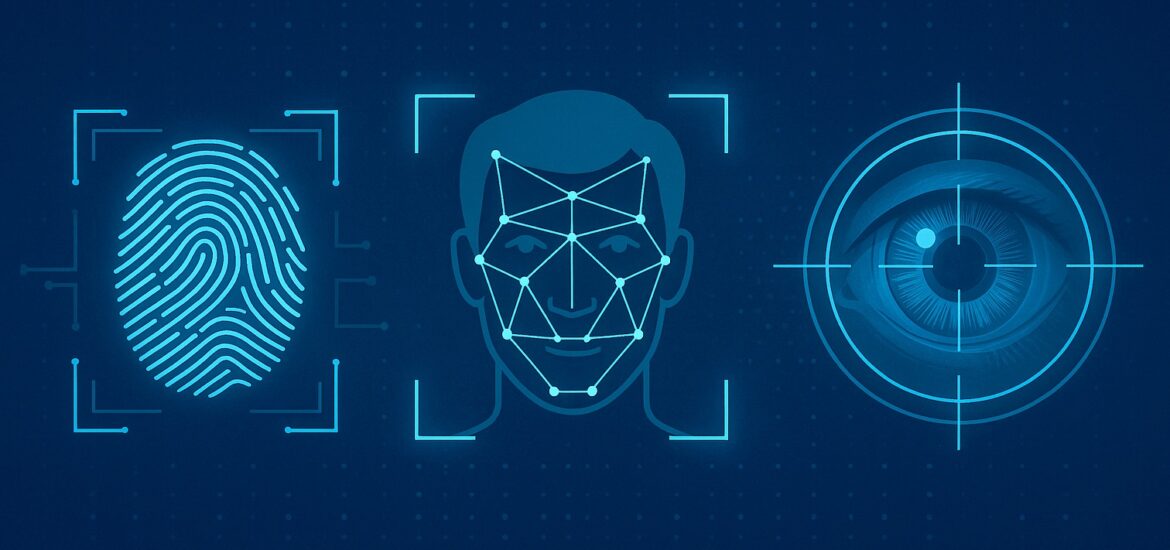In this Plutopia News Network podcast, Dr. James Wayman, a pioneer in biometrics, shares his career journey. His studies grew from computational acoustics in the 1970s to becoming a leading authority on automated human identification. He explains the challenges of technologies such as fingerprinting, facial recognition, and retinal scans, emphasizing that biometric “accuracy” is complicated by issues like false matches, enrollment failures, and human anomalies. Wayman discusses legal cases, privacy concerns, and misuse of biometric data, noting how law enforcement sometimes over-relies on flawed recognition results. He highlights advances in deep learning for facial recognition, ongoing challenges such as monomodal and multimodal fusion, and the risks of contactless fingerprinting, while also stressing that the bigger privacy threat may lie in ubiquitous cellphone tracking. The conversation ranges from regulatory battles over biometric data, to surprising anecdotes about physiological variations, to unintended consequences of deploying these systems, offering a candid, often humorous look at both the promise and pitfalls of biometric technologies.
Podcast: Play in new window | Download
James L. Wayman:
We can’t recognize them from drones. We can’t recognize them at 100 meters. And that’s due to air scintillation more than anything else. We cannot recognize them at a high angle. So — now this is interesting — I love to volunteer my time for criminal cases, and I get a lot of phone calls from public defenders who don’t have any money, and that’s fine. I’m happy to do that. And they say “The police have some images of a bank robber, and they say it’s my client. Can you show that these images from the bank are not my client?” And so she sends me a nice picture of her client, right? Driver’s license or something. And then sends me these pictures from the bank, up the top of a head where the guy’s wearing a hat. No. I cannot testify that that person is not your client, although I will be happy to testify that the prosecution can’t testify that it is the client.



Reposts